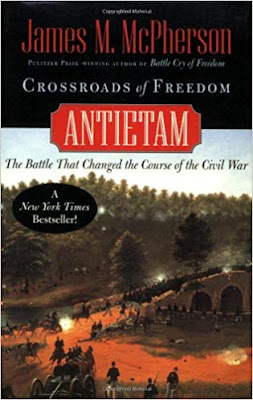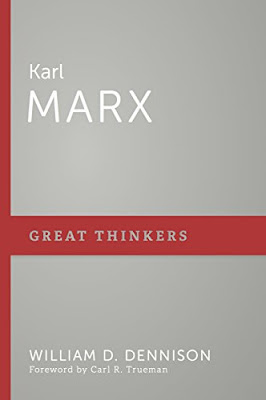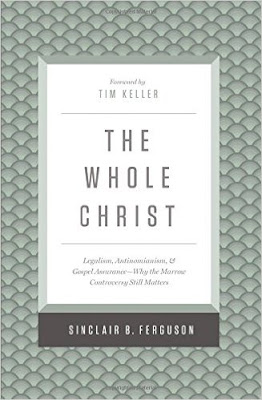Book in Review: Preaching By The Book

Good Primer; Lacking in Examples Preaching by the Book provides a formulaic step by step approach to producing "text-driven" sermons. Pace is a big proponent of the expositional model in which each sermon point branches off of the one textual big idea. In this short book he provides an excellent summary of sound Biblical interpretation methodology, as well as a very helpful sermon drafting process. There are many streams of wisdom throughout! I appreciated Pace's understanding of the centrality of the Holy Spirit and His involvement in the entire preaching process. The Spirit wrote the Scriptures, helps us understand and communicate the Scriptures, and He convicts the hearts of the listeners with the Scriptures. Unless the Lord builds the house, they labor in vain that build it--and as preachers we need to ensure we are doing none of this in our efforts alone. I will say that Pace's preaching model seems a little too rigid. He presents a good exegetical ...











